Words of wisdom from the dying

SINGAPORE – Being diagnosed with a terminal illness has a way of sharpening one’s focus on what matters in life.
In late March, Singapore movie Good Goodbye started screening in cinemas here, shining a spotlight on palliative care.
The film, which entwines three stories of terminally ill patients and their loved ones, centres on the theme of letting go. Directed by local film-maker Daniel Yam, it stars Tosh Zhang, Shane Pow, Andie Chen, Julie Tan and Teo Ser Lee.
The Straits Times speaks to four Singaporeans facing the prospect of dying, who share their advice on how to live more meaningfully.
‘Don’t let work consume you’

Mrs Wendy Tan-Kuah, 64, was diagnosed with leiomyosarcoma, a rare cancer that affects connective tissues, nine years ago.
Since 2015, she has undergone a few operations to remove tumours caused by her incurable, stage 4 cancer. In recent years, new growths have spread through her body.
“Cancer was a wake-up call. I started a bucket list and I changed my mindset from working so hard to make money, to thinking how I should spend my money instead,” says the mother of two adult sons aged 40 and 38.
Her advice? “Don’t let work consume you, and live more intentionally. I was working 16 hours a day and always making phone calls. But I was cuckoo for working so hard and never taking holidays. I had not done a lot for myself and my family.”
‘Accept your burdens and move forward’
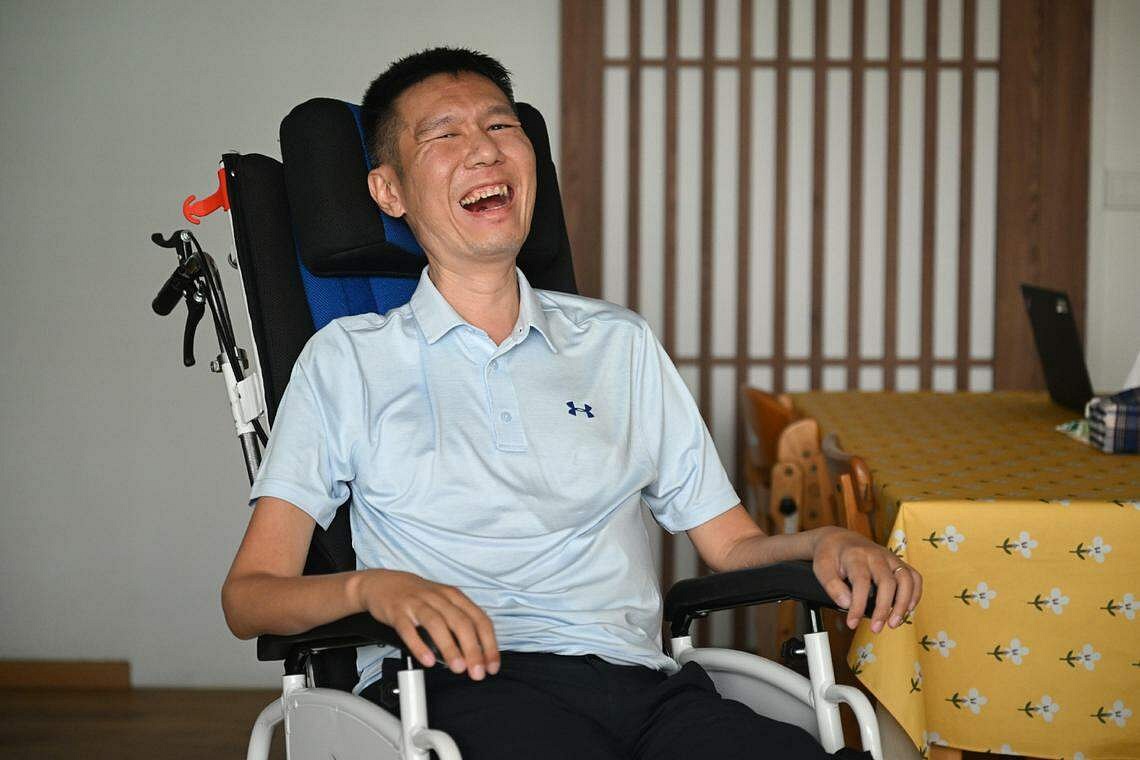
Mr Toh Kok Peng was diagnosed with ALS (amyotrophic lateral sclerosis), formerly known as Lou Gehrig’s disease, at the age of 36. Over time, the rare motor neurone disease affects control of the muscles needed to move, speak, eat and breathe. There is no cure for ALS.
Now 39, Mr Toh is paralysed and he cannot talk. He uses an augmentative and alternative communication (AAC) device known as Tobii. AAC refers to all the ways in which a person communicates besides talking. By using a communication aid that is controlled with his eyes, he can use a digital voice or type messages. He used the latter method to respond to The Straits Times’ interview questions.
Mr Toh, who used to work as a senior manager at a biotechnology multinational corporation, had led a physically active lifestyle since his national service days, where he served as a naval diver.
But one day, he could not turn a screwdriver while fixing a cupboard door. His initial assessment that it was likely a muscle strain evaporated after a battery of medical tests.
‘Block out those who hurt you, stay positive’
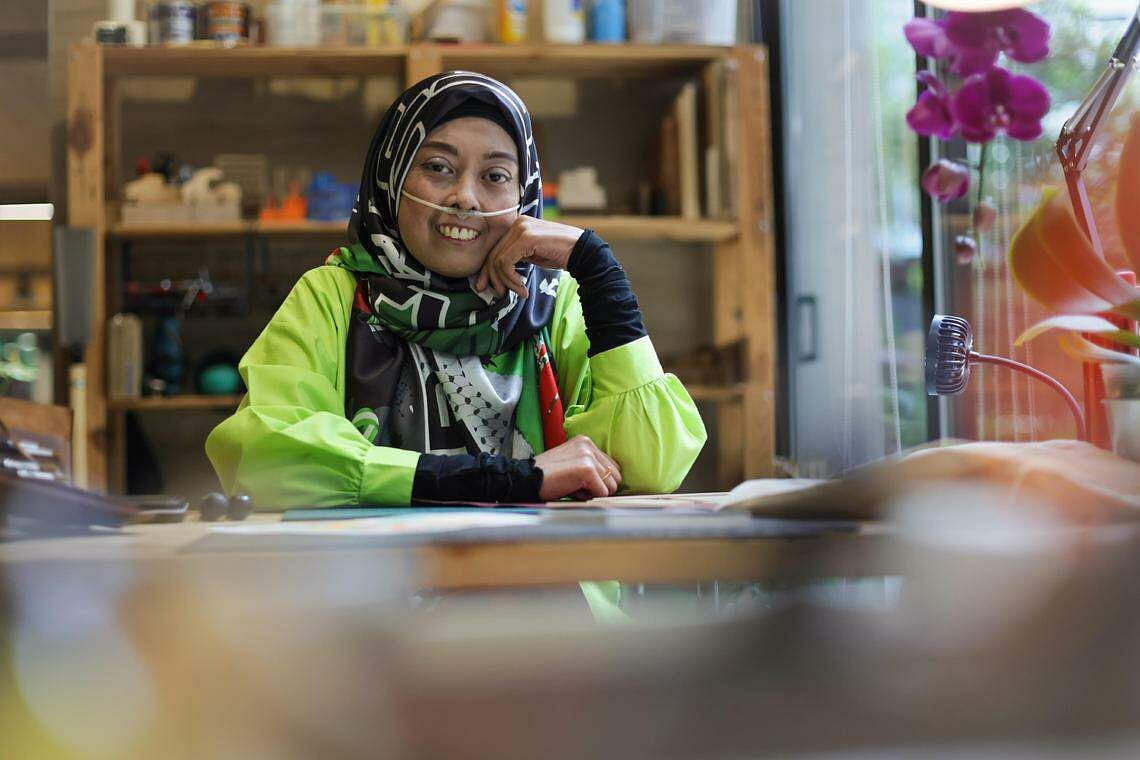
At age 29, Ms Haslina Wannor was diagnosed with systemic sclerosis, an uncommon autoimmune disorder that causes the skin and connective tissues in the body to harden.
Nine years ago, her condition worsened, and she developed advanced pulmonary arterial hypertension, which affects the lungs and can lead to serious complications such as heart failure.
Now 44, she needs a supplemental oxygen supply from an oxygen concentrator 24 hours a day.
‘Have more fun’
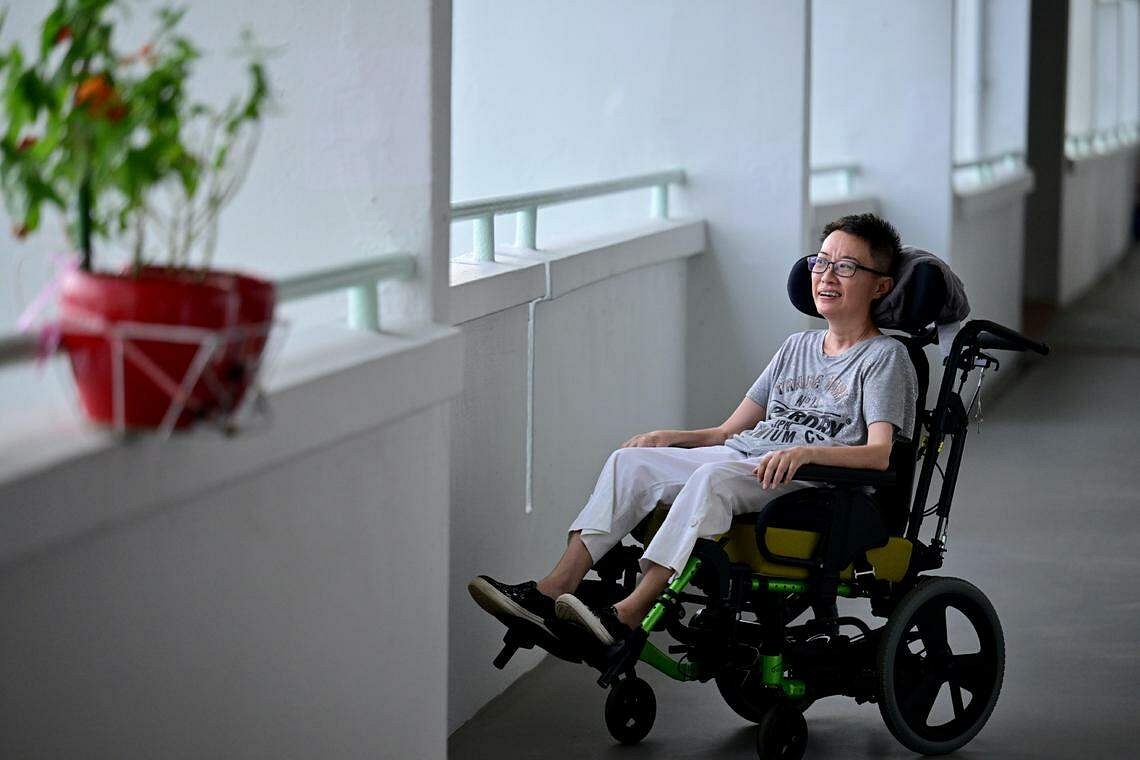
Ms Cindy Tay, 53, was diagnosed with ALS (amyotrophic lateral sclerosis), a fatal motor neurone disease, five years ago.
She cannot move her limbs by herself and cannot speak. She texts and “speaks” with a digital voice generated by a device that uses eye-gaze technology.
The communication software, called Tobii, made by the multinational company of the same name, is operated using eye movements. Using it, Ms Tay tells The Straits Times: “If I could go back in time, I would have had more fun. I think I was stingy when it came to my own enjoyment.”
Join ST's Telegram channel and get the latest breaking news delivered to you.


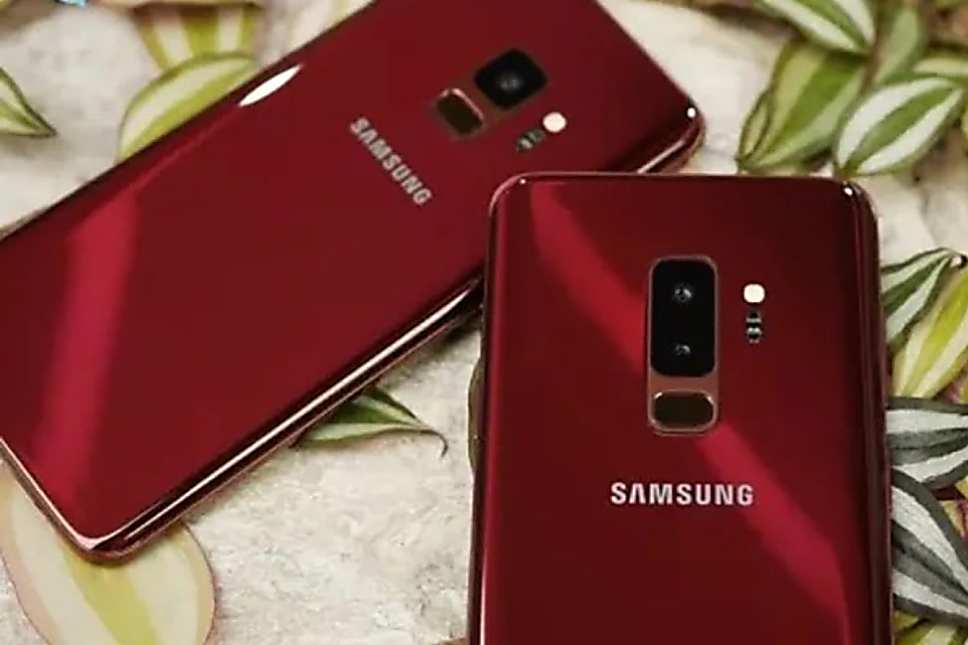
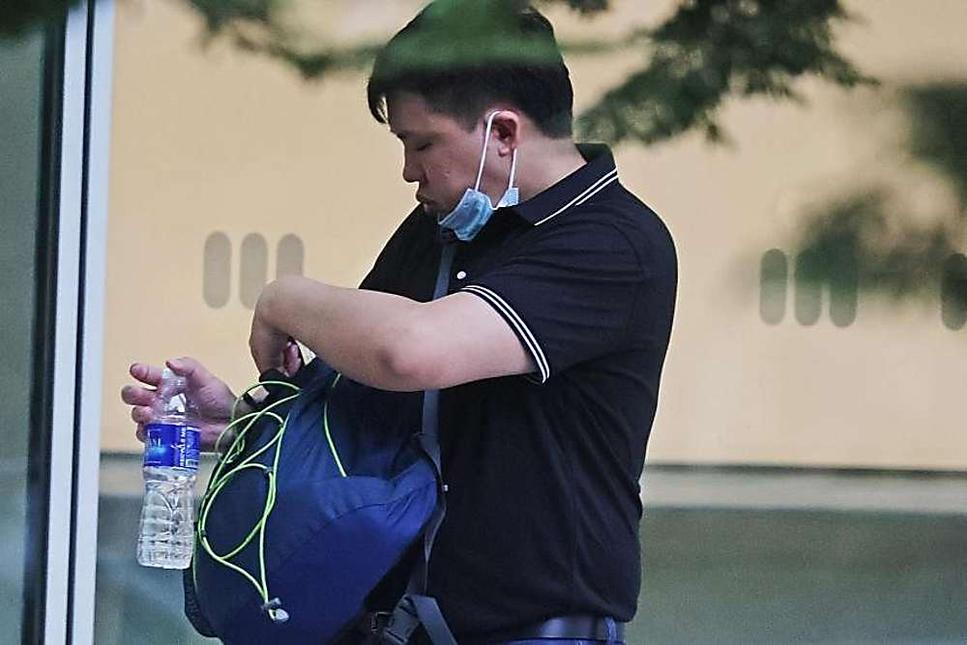






No comments:
Post a Comment